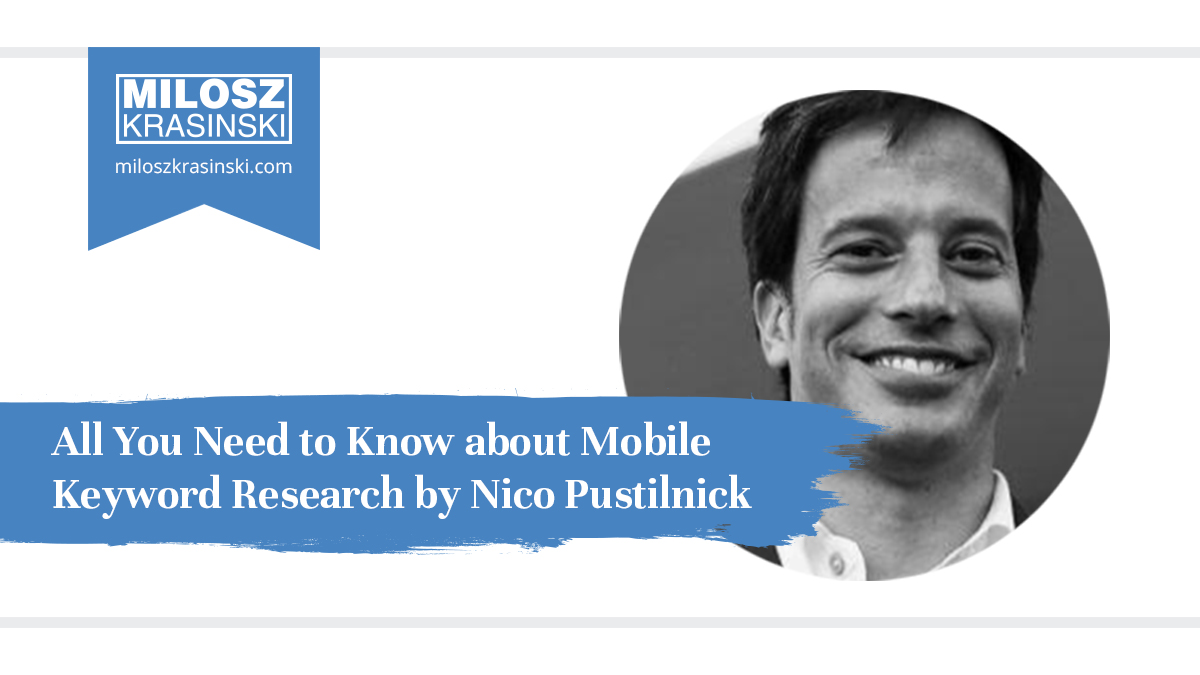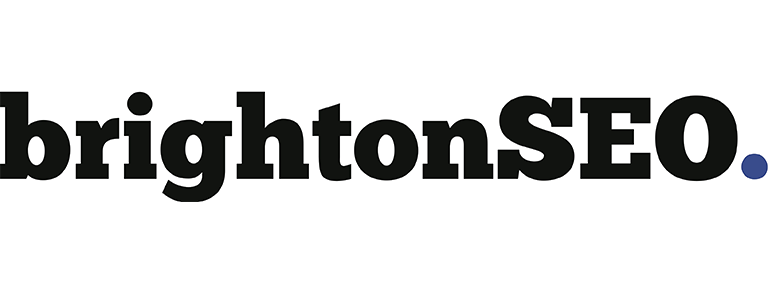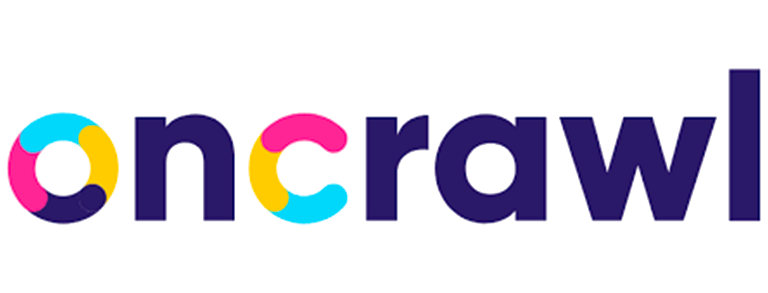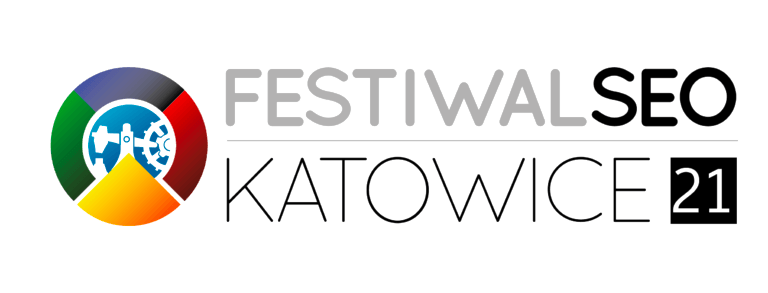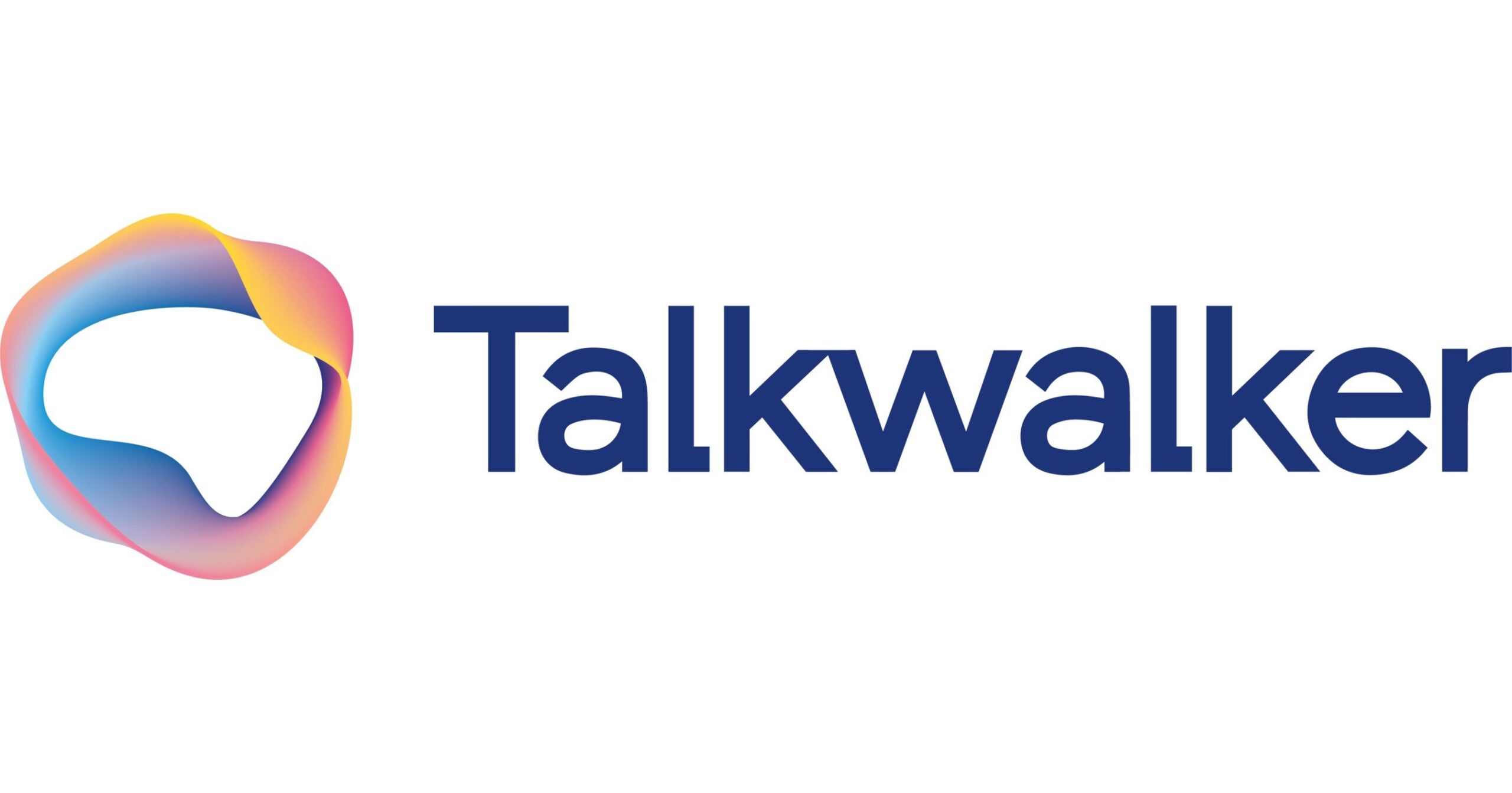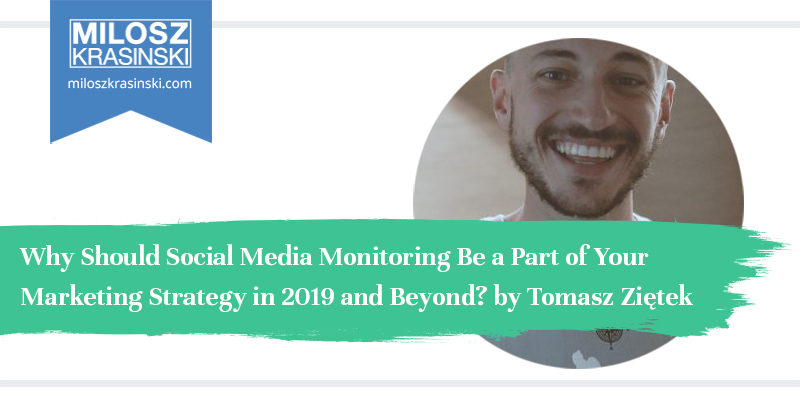According to Smart Insights, “81% of people search online for a product or service“. For many people, mobile Internet is the only Internet. Additionally, in 2020, 74% of Internet users aged 16 to 64 have purchased online via any device and 67% use mobile shopping apps. Ever since the Coronavirus pandemic started, there has been an even more dramatic increase in mobile search. Today, mobile devices are used for over 40% of online transactions and over 70% of smartphone users have made a purchase after using their phone to discover more information.
With such a significant number of people now using their smartphones and tablets as their primary Internet device for research and shopping, there’s no denying that our target audience is definitely on mobile devices first. As such, if you want to reach the right audience in a more effective manner, you need to start thinking mobile. And the first thing to do is a proper mobile keyword research.
Why Mobile Keyword Research is Vital
As a Smart Insights report shows, right now, only 13% of websites rank well for a particular search across all devices. Reports also say that 30% of pages that show on the first page of desktop search results do not appear in the top 10 results on mobile. Even if your website is ranking well on desktop, if it does not even appear on the first page of results on mobile, you are wasting a ton of opportunities.
To improve the visibility of your website on mobile devices, you need to perform a proper mobile keyword research and keep an eye on mobile rankings, as well as desktop rankings.
How To Distinguish Mobile Keywords From Desktop Keywords
More often, people prefer using mobile more for searching different queries as compared to desktops. Although mobile and desktop keywords are very similar, there are three major differences between the two categories:
· Typed queries vs voice search
The most important difference between mobile and desktop keywords is the fact that people tend to type keywords when they use desktops and use spoken queries when they perform the search on mobile devices. (When conducting voice search, people may use programs such as Cortana, Google Now, or Siri, but also Google Gesture SEARCH, Google Goggles and so on).
When conducting a voice search with Cortana, people normally use 3 words. Voice queries are always shorter, but even typed keywords tend to be shorter on mobile. It means that, by selecting shorter keywords in your niche, you can get ahead of your competition on both voice search and mobile.
Another difference between typed queries and voice queries is the fact that voice queries are more natural. For instance, when searching for a location on a desktop, you might just type ‘hotel in Sydney’ or ‘Sydney hotel’.
But when searching on mobile, a user might simply say “Where is the Sydney hotel located?”. So, questions and longer queries should also be included in your mobile keyword list, along with short keywords. Also, when asking a question, users make their intent more clear than when they are just typing keywords. When someone asks: „Where is Sydney”, it is clear that they are just looking for information about the place, whereas if they ask „ Where is X hotel in Sydney located” their intent of booking a room becomes clear.
Including shorter, more natural terms and questions in your mobile SEO strategy may give you an advantage in front of the audience.
Images Based Programs
To make sure your brand is visible on mobile you can use your logo to attract more traffic to your website through Google Goggles. If anyone is interested in your company or services, he can just scan the logo through Google Goggle and get all the details.
To inform search engines about the relation between the image and your brand name, do not forget to add ALT tags to all the images on your website.
· Informational queries vs local queries
Normally, internet users use mobile devices for local searches and the desktop to search for information on different products/topics.
Local SEO is becoming more and more important, as most of the mobile searches are for local options.
While selecting mobile keywords, don’t forget about location and make sure the keywords are short. (users search on mobiles especially when they are on the move). To inform users about your business/company, you need to set up your Business Page on Google.
Another essential factor for local SEO is your NAP- Name, address, and phone number. NAP should be visible on every page of the website. Also, the NAP format should be uniform across all the platforms and websites wherever it appears. Another way to inform search engines about your name, address and phone number is using the Schema markup for Local Business. Your business should also appear on Google Maps.
Two commonly used keywords during local search are “nearby” and “near me” keywords. So, keeping such common words in your mobile keywords is essential for improving your traffic. If your company shows up on Google My Business , you’ll be well on your way to being found when someone searches locally.
Typo-free queries vs typo errors
When searching on mobile, users tend to make more typos than when they type on a desktop keyboard. Therefore, keywords with typo errors could be included in your mobile SEO strategy.
A perfect SEO strategy for marketing on mobile will include keywords from all these categories, stressing on the keywords your target audience is more likely to search for.
Conclusions
SEO is continually changing, and mobile keyword research becomes essential for a winning SEO strategy.
In many ways, mobile keyword research can be less complicated than desktop keyword research, but it requires thorough research, a deep understanding of your audience, and the ability to create dynamic content strategies that change as your users’ behaviour does.
To fully understand why Mobile SEO is so important, watch this short video from SEMRush:

